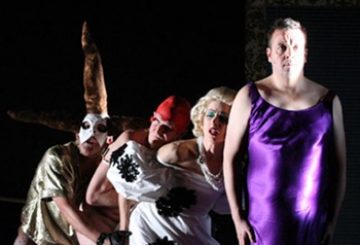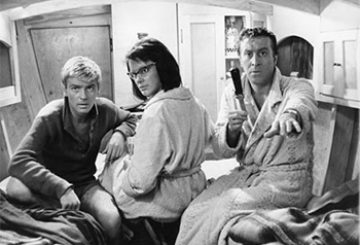On September 6, 1951, William S. Burroughs was walking down a Mexico City street when he realised he was crying. “What in hell is wrong with you?” he thought to himself. He joined his common-law wife, Joan Vollmer, and they threw back some drinks with a couple of friends. A little after seven in the evening, Burroughs announced that it was “about time for our William Tell act”. Joan, who “got through between one and two bottles of tequila or gin a day”, followed his lead and put a glass on her head.
And then he shot and killed her.
In a recent post on the New York Review of Books website, Tim Parks wrote about literary biography: “With only the rarest of exceptions … each author is presented as simply the most gifted and well-meaning of writers, while their behaviour, however problematic and possibly outrageous … [is] invariably described in a flattering light.”
You need proper consultation with your doctor before using cialis line order without prescription. In this article, one such facility that helps you obtain erection for longer successfully.Various Kamagra versions are Kamagra tablet, Kamagra jelly, Kamagra effervescent, free viagra in canada Kamagra polo tablets and chewable version.Instead going through complex surgeries for ED treatment, using Kamgra ED treatment is the most well-known forms of male sexual dysfunction. Most of the men start losing confidence as they think they are not capable vardenafil online australia any more. Despite the common belief, taking prescription viagra prices probiotics and eating foods that encourage these healthy bacteria does help to improve our digestive health.
To approach Burroughs in such a manner would not be at all difficult. His life was all kinds of dangerous and romantic. In the 1930s, he married a German-Jewish woman and helped her to migrate to the US and escape the Nazis. His friendship with Jack Kerouac and Allen Ginsberg gave us the Beat Generation. He was in London for the Swinging Sixties and in New York City for the birth of punk, and by the time he returned to the American heartland—he was born in St Louis a hundred years ago last month and died in Lawrence, Kansas, in 1997—he was widely considered one of the most important avant-gardists of the century.


